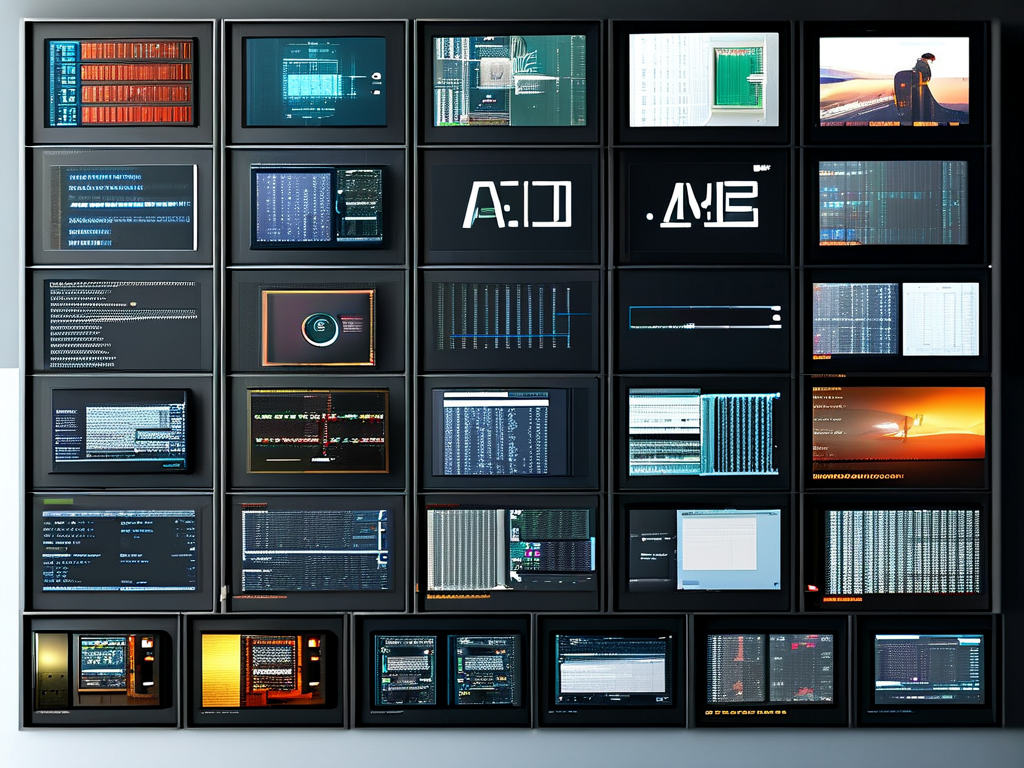As a pivotal manufacturing hub in China’s Greater Bay Area, Dongguan has witnessed exponential growth in embedded systems development over the past decade. With the rise of smart manufacturing and IoT-driven industries, companies across the region are actively seeking skilled embedded developers to drive innovation. This article explores current hiring trends, required technical competencies, and career opportunities in Dongguan’s embedded technology sector.

Industry Landscape and Hiring Trends
Dongguan’s transformation from traditional manufacturing to high-tech production has fueled demand for embedded engineers. Enterprises specializing in industrial automation, consumer electronics, and automotive systems are recruiting professionals proficient in microcontroller programming, real-time operating systems (RTOS), and hardware-software co-design. A recent survey by the Dongguan Tech Association revealed that 68% of local tech firms plan to expand their embedded development teams within the next 12 months.
Key industries driving recruitment include:
- Smart Home Solutions: Companies like Huawei and Oppo, with R&D centers in Songshan Lake, require engineers to optimize embedded firmware for energy-efficient devices.
- Industrial IoT: Factories adopting Industry 4.0 standards need developers to design edge-computing modules and sensor networks.
- Automotive Electronics: With electric vehicle (EV) production scaling up, expertise in CAN bus protocols and AUTOSAR frameworks is highly sought after.
Technical Skills in Demand
Proficiency in C/C++ remains non-negotiable for embedded roles, but employers increasingly prioritize candidates with cross-disciplinary knowledge. For example, familiarity with Python for automation testing or Rust for memory-safe firmware development can differentiate applicants. Below is a code snippet demonstrating a common embedded task—initializing a GPIO pin on an STM32 microcontroller:
#include "stm32f4xx.h"
void GPIO_Init() {
RCC->AHB1ENR |= RCC_AHB1ENR_GPIOAEN; // Enable GPIOA clock
GPIOA->MODER |= GPIO_MODER_MODER5_0; // Set PA5 as output
GPIOA->OTYPER &= ~GPIO_OTYPER_OT_5; // Push-pull mode
GPIOA->OSPEEDR |= GPIO_OSPEEDER_OSPEEDR5; // High speed
}
Hardware skills are equally critical. Engineers must demonstrate experience with schematic design tools (e.g., Altium Designer), debugging interfaces (JTAG/SWD), and power management circuits. Knowledge of wireless protocols like Zigbee or BLE is a plus for IoT-focused roles.
Career Pathways and Salary Benchmarks
Entry-level embedded engineers in Dongguan earn an average annual salary of ¥120,000–¥180,000, while senior roles command upwards of ¥300,000, particularly in semiconductor and autonomous systems companies. Career progression often follows two paths:
- Technical Expertise: Advancing to roles like Firmware Architect or Embedded Systems Lead.
- Management: Transitioning to project management or R&D team leadership.
Local universities and vocational institutes, such as Dongguan University of Technology, have partnered with tech firms to offer tailored training programs. These initiatives bridge the skills gap by providing hands-on experience with ARM Cortex-M processors and Linux-based embedded systems.
Challenges and Opportunities
Despite robust demand, recruiters note a shortage of mid-to-senior-level talent. Many engineers transition to software development early in their careers, creating a talent bottleneck. To address this, companies like Vivo and Goertek have launched mentorship programs and overseas recruitment campaigns.
Additionally, Dongguan’s government offers subsidies for tech enterprises establishing innovation labs, further stimulating job creation. The city’s "Smart Dongguan 2025" initiative aims to position it as a global embedded technology hub, with projected investments exceeding ¥10 billion in semiconductor infrastructure.
Dongguan’s embedded development sector presents lucrative opportunities for engineers willing to master both hardware and software disciplines. As industries continue to integrate intelligent systems, professionals with expertise in low-level programming, IoT connectivity, and energy-efficient design will remain at the forefront of this dynamic field. Job seekers are advised to enhance their portfolios with practical projects—such as custom PCB designs or RTOS implementations—to stand out in this competitive market.


